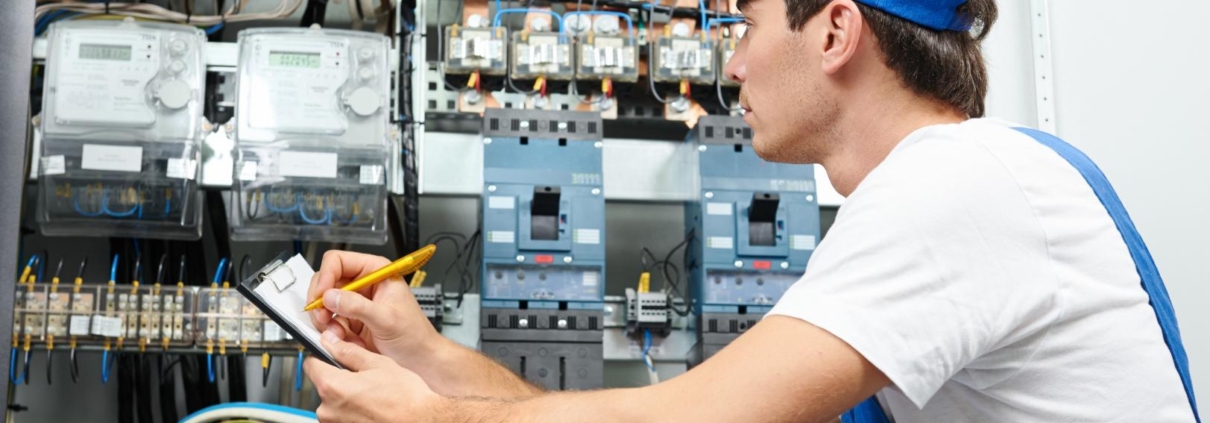Estimating the cost of electrical items is a critical aspect of any construction project. Whether you are an electrical contractor or a project manager, accurate cost estimation can make or break your budget.
There are two primary methods for estimating electrical items: using electrical estimation software or hiring an electrical estimator.
But which method is truly the best?
In this blog, we’ll explore both options, providing insights, supporting evidence, and key takeaways to help you make an informed decision.
Option 1: Electrical Estimation Software
Electrical estimation software has gained significant popularity in the construction industry in recent years.
This powerful tool leverages technology to streamline the estimation process, making it faster and more accurate.
Here are some key advantages of using software:
- Precision: It uses complex algorithms to calculate costs based on industry-standard pricing, reducing the chances of human error in calculations.
- Efficiency: These programs can quickly generate detailed estimates, saving you time and effort compared to manual calculations.
- Updates and Database: Most software comes with a regularly updated database of materials and prices, ensuring your estimates are always up-to-date.
- Customization: You can tailor your estimates to specific project requirements, including materials, labor costs, and project location.
Option 2: Hiring an Electrical Estimator
On the other hand, some professionals prefer the traditional method of hiring an electrical estimator. While it may seem less tech-savvy, there are several advantages to having a skilled estimator on your team:
- Experience: An experienced estimator can draw upon years of industry knowledge and expertise to provide accurate estimates.
- Flexibility: They can adapt to unique project requirements and unforeseen challenges, adjusting estimates accordingly.
- Communication: Estimators can effectively communicate with clients, architects, and other team members, helping to build trust and clear expectations.
Key Takeaways
Now that we’ve explored both methods, it’s essential to consider your specific needs and project requirements when choosing the best approach.
Here are some key takeaways to help you make an informed decision:
- Combine Both: Some professionals successfully combine the two methods and use electrical estimation software for quick, initial estimates and consulting with an experienced estimator for more complex projects or fine-tuning the numbers.
- Budget and Project Complexity: It may suffice for smaller projects with straightforward requirements. However, hiring an estimator may be the wiser choice for larger, more intricate projects.
- Stay Updated: If you opt for software, regularly update the software and its database to maintain accuracy.
Frequently Asked Questions
Q1: Can electrical estimation software handle changes in project scope?
A1: Yes, most modern electrical estimation software allows for adjustments and updates as the project scope changes.
Q2: How much does it cost to hire an electrical estimator?
A2: The cost of hiring an estimator can vary widely depending on factors like location, experience, and project complexity. It’s best to get quotes from multiple estimators to determine a reasonable rate.
Q3: What qualifications should I look for when hiring an electrical estimator?
Look for candidates with a relevant degree in electrical engineering or a related field. Experience in estimating similar projects, excellent analytical skills, attention to detail, and proficiency in estimating software are also important qualifications to seek.

